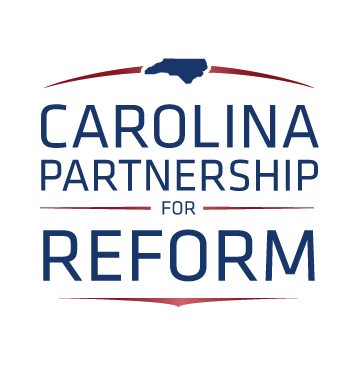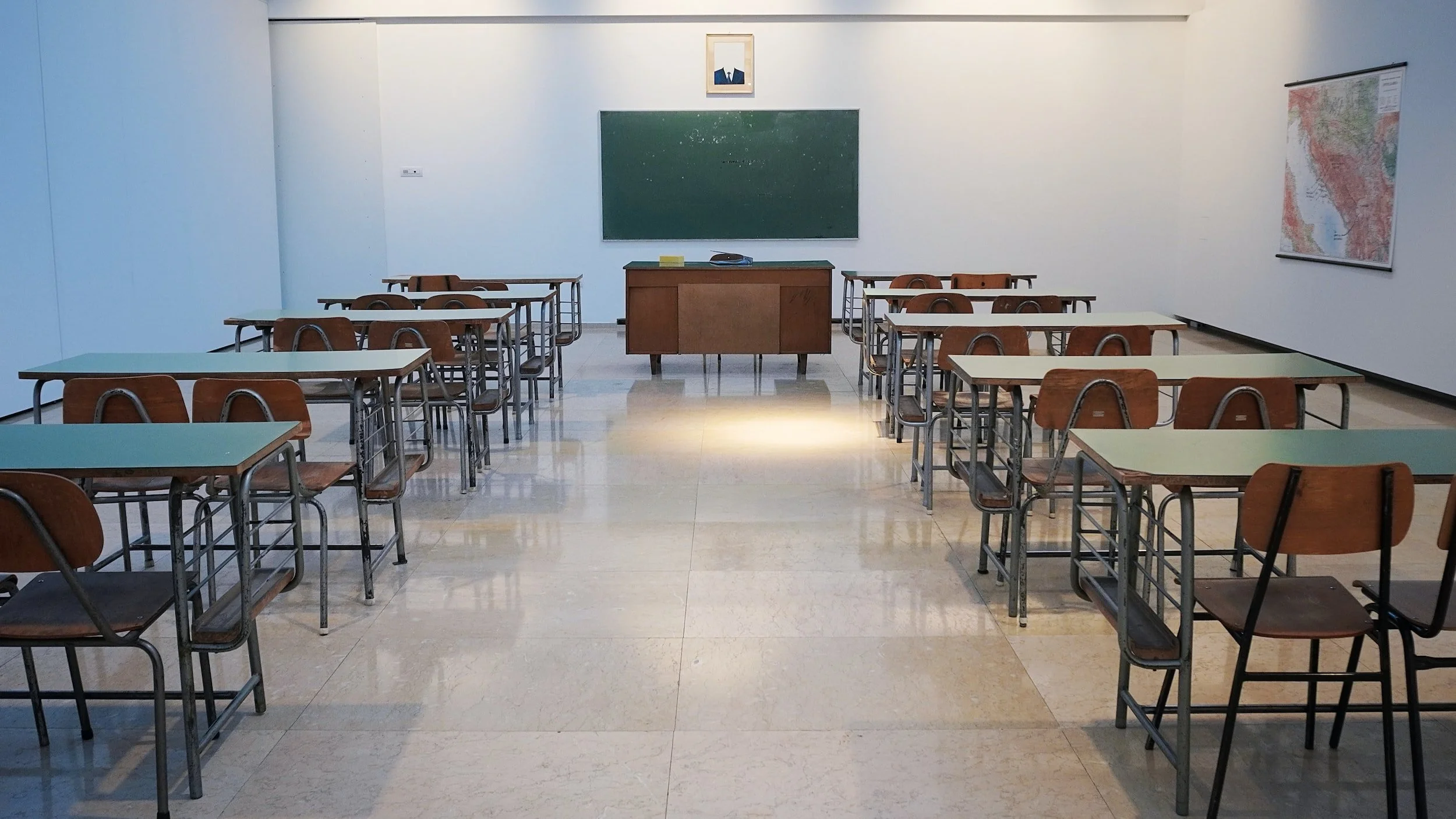Poll Results: K-12 and Higher Education
In our Carolina Partnership for Reform statewide survey conducted February 26 through March 1, 2023, we found the following results when NC registered voters were asked the following questions about education.
Voters were asked, “Do you think a university or college education is more useful or less useful to an individual today than it was 10 or 15 years ago, or is it about as useful today as it was back then?”
The results may answer why college enrollment has been declining nationwide.
Just 19% of respondents said college is more useful today, compared to 50% who said college is less useful. The college-aged population (18-34) was the most disaffected of all age groups, with just 12% responding college is more useful today than it was 10-15 years ago.
Importantly for college administrators and admissions officers, there is a massive partisan gulf in this data. Republicans by a -50% margin believe college is less useful than previously. For Democrats, the margin is just -8%.
There are a few potential takeaways. First, Republicans may perceive colleges as more political and single-minded than previously (because they are).
Second, if potential college students take action on the beliefs they expressed in this survey, then fewer Republicans will seek admission. That poses even more of a challenge for university administrators who care about diversity of thought.
Next, we asked the question, “Generally speaking, do you believe that for most students a university education is worth the money it costs and student debt they take on, or is it not worth the cost and debt?”
Only 22% said yes, college is worth the cost, compared to 72% who said college is not worth the cost – a massive 50-point difference. The sentiment holds across parties and age groups, though Republicans and college-aged respondents are slightly less sanguine about the worth of a college education:
The sentiment here, especially among the college-aged population, reinforces what appears to be a movement among both the executive and legislative branches to deemphasize a college education for the state employee workforce.
Gov. Roy Cooper announced an Executive Order last week directing the state personnel office to increase the number of job postings that don’t require a college degree. State job vacancies are at a 10-year high. Similarly, a legislative bill is making its way through the General Assembly that also addresses the problem.
We also asked respondents whether they agreed or disagreed with the following statement about education in North Carolina:
“Political correctness and wokeness have gone too far in our state's public Kindergarten through 12th grade schools.”
64% agreed with the statement, with 51% of voters strongly agreeing. 29% disagreed.
Not surprisingly, there was a large partisan gap in this response, though nearly half of Democrats agreed that political correctness and wokeness have gone too far in North Carolina’s K-12 schools:
Majorities of both white (66%) and black (58%) respondents agreed.
We posed a similar agree/disagree question, this time focused on public colleges and universities:
“Political correctness and wokeness have gone too far in our state's public colleges and universities.”
66% agreed with that statement and 28% disagreed:
This data should put yet more wind in the sails of UNC-Chapel Hill trustees who are pushing the university to create a nonpartisan School of Civic Life and Leadership. They’ve argued, persuasively in our opinion, that the “university belongs not to the faculty nor the administration, but to North Carolina’s almost 11 million people, whom our board was appointed to represent in overseeing America’s oldest public university.”
The sentiment of North Carolinians is quite clear: Enough with the embrace of a single ideology.
Finally, we asked about North Carolina’s Opportunity Scholarship program. Voters were asked if they supported or opposed:
“Expanding the Opportunity Scholarship program to make all families of school-age children eligible for a grant of $6,000 per child to send their children to a private school if their local public school fails to meet their children's academic needs.”
68% of the respondents supported the statement, with just 27% opposed.
Interestingly, 46% of Unaffiliateds strongly supported the issue, and 50% of registered Democrats. 50% of white voters strongly supported expanding Opportunity Scholarships, while 64% of African American voters strong supported it.
Another interesting element showed up with this question. Though one may think Opportunity Scholarships are more popular in urban areas, the survey showed that among the total number of voters who supported the issue, 74% of them were in rural areas of our state.
This issue to give more choice to families in the education of their children has consistently polled well and the results of this question show that this issue is as strong as ever with voters across the board.
See all of the crosstabs for these questions here.





